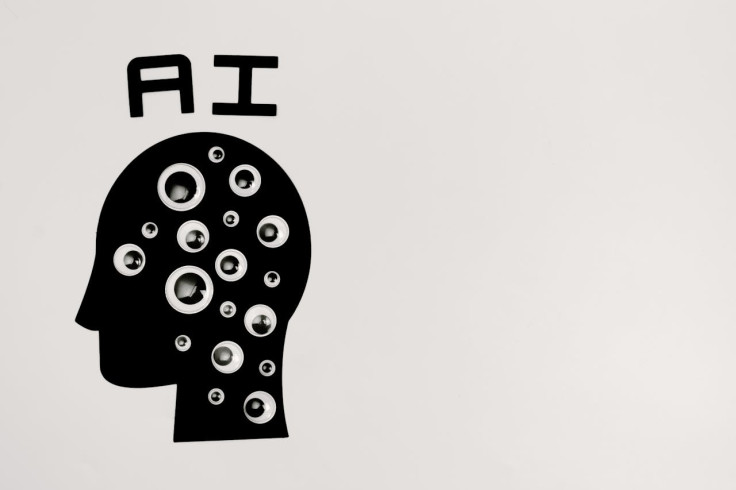
Lacking AI skills on your resume can lead to lower salaries and fewer job opportunities in the coming years. The good news? It's still possible to future-proof your career by developing in-demand AI skills.
The fear of robots replacing humans is nothing new. Since the arrival of ChatGPT in late 2022, the conversation surrounding generative AI's impact on the workforce has taken on a new urgency and a compelling reason drives this trend.
The World Economic Forum's 2023 Future of Jobs Report predicts that over 75 percent of companies plan to adopt AI and other technologies within the next five years, potentially transforming how we work.
This shift will likely require a new skill set, with research from Inteliligent.com suggesting that 49 percent of business leaders believe expertise in tools like ChatGPT will become increasingly important.
Further solidifying this trend, a separate study by Pluralsight found that 87 percent of organisations plan to increase AI spending next year, highlighting the urgency for skilled personnel. However, more than simply investing in AI is required.
The study revealed that 95 percent of executives believe AI initiatives will only succeed with staff who can effectively utilise these tools. This concern is further amplified by Gallagher's State of the Sector report, where 71 percent of HR and Communication leaders admitted their organisations need guidance on when, where, or how to use this transformative technology.
Why AI Expertise is the New Must-Have Skill
As AI adoption increases, those who don't upskill may face challenges. However, the good news is that AI isn't here to replace us but rather to augment our capabilities.
Pluralsight's report also identified that 25 percent of organisations must catch up on AI deployment due to a talent gap. They need a more skilled workforce to utilise this technology effectively and are content with their current tools.
Developing AI skills opens doors to exciting and well-paying career opportunities. Reports suggest that top AI researchers at companies like Meta and OpenAI can command high salaries, with some figures exceeding £1.60 million ($2 million).
Ready to find your next opportunity within the exciting world of AI? Let's check out some of the high-paying AI roles you can pursue:
- Machine Learning Engineer
- Natural Language Processing Engineer
- Computer Vision Engineer
- AI Researcher
- Data Scientist with a focus on AI
Machine Learning Engineer (MLE):MLEs design, build, and deploy machine learning models. They require strong programming skills, machine learning algorithms knowledge, and data analysis experience. Salary Range: £60,000 - £85,000+
Natural Language Processing Engineer (NLPE): NLPEs come in handy for developing AI systems that can understand and process human language. The process involves building chatbots, sentiment analysis, and machine translation. Salary Range: £55,000 - £80,000+
Computer Vision Engineer (CVE): CVEs have impressive knowledge in various topics, including machine learning, deep learning, image annotation, image and video segmentation, and image recognition. They work on object detection, facial recognition, and image classification. Salary Range: £58,000 - £78,000+
AI Researcher (AI research scientist): They are experts in abstract concepts and developing new algorithms and models that could power future AI systems. They often have PhDs in computer science or related fields. Their salary range is £70,000 - £100,000+ (depending on experience and research area).
Data Scientist with AI Focus: Data scientists focusing on AI leverage their data analysis skills to build and maintain AI models. They work in collaboration with MLEs and other engineers. Their salary range is £55,000 - £75,000+ (depending on experience and specific industry).







